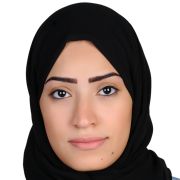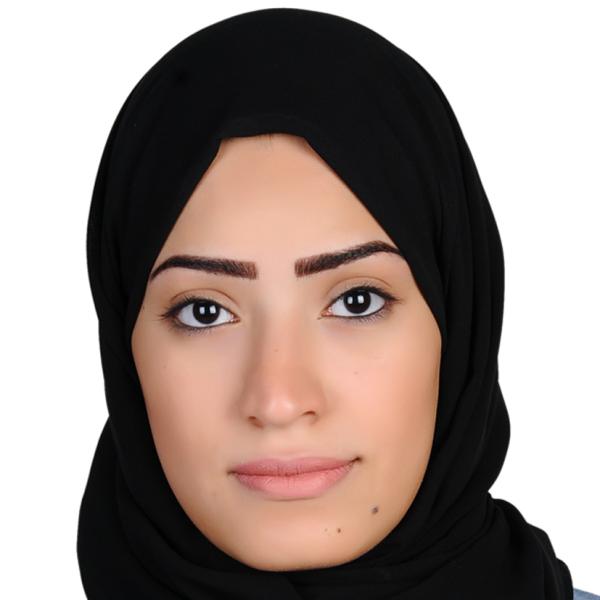Mrs Zainab Alwardi
School of Architecture and Landscape
PhD Student


Full contact details
School of Architecture and Landscape
Arts Tower
Western Bank
Sheffield
S10 2TN
- Profile
-
Zainab is a PhD student at the University of Sheffield, where she investigates the impact of urban greenspace (UGS) exposure on the mental health and well-being of neurodivergent children in Forest School (FS) settings. She holds a Bachelor of Science in Architecture from the University of Bahrain and a Master of Architecture from the University of Western Australia.
Zainab has two years of experience as a lecturer in the Department of Architecture and Landscape Architecture at the University of Bahrain. Additionally, she has worked as an architect at Delmon Engineering Company in Bahrain and Abdurahman Ahmed Aljaafry Engineering Company in Saudi Arabia.
Her research interests extend to the relationship between greenspaces and human well-being, therapeutic landscapes, restorative cities, and the well-being of children with neurodevelopmental conditions.
- Qualifications
-
- BSc Architecture, The University of Bahrain
- MSc Architecture, The University of Western Australia
- Research interests
-
Project title:
The Impact of Urban Greenspace (UGS) Exposure on Neurodivergent Children’s Mental Health and Well-being in A Forest School (FS) SettingProject outline:
Engagement with nature supports children’s physical and mental well-being, yet the specific impacts on neurodivergent children (NDCH), including those with Autism Spectrum Disorder (ASD) and ADHD, remain underexplored. Forest Schools (FS), a growing alternative education model in the UK, offer nature-based activities that promote learning and development. While FS programs are known to benefit children, their potential to enhance NDCH’s mental health and well-being—and the influence of specific FS settings—requires further investigation.
This research addresses three key questions:
1. How do FS settings (e.g., vegetation density, water features, terrain) influence the delivery of activities?
2. How do FS practices support NDCH’s mental health and learning?
3. What are the best practices in FS, as perceived by NDCH, parents, and practitioners?
Using a qualitative, participatory approach, the study involves five different FSs all around the UK, and neurodivergent children participated in an FS, their parents, and FS providers through site visits, observations, and interviews. Preliminary findings suggest that features like dense vegetation foster exploration, while water elements enhance sensory and communication skills—both particularly beneficial for NDCH.
The project aims to develop practical recommendations and a best-practice manual for inclusive FS programs, guiding educators, policymakers, and FS leaders in creating impactful, accessible, and adaptive learning environments for all children.
For more information or to get involved, please contact Zainab Alwardi at zaalwardi1@sheffield.ac.uk
This research is a PhD research under the supervision of Dr Helen Hoyle (email: h.e.hoyle@sheffield.ac.uk) and Dr Lauren Powell (email: l.a.powell@sheffield.ac.uk)Affiliation:
The School of Architecture and Landscape and the School of Education, University of Sheffield, UK
- Teaching activities
-
I have previously worked as a lecturer at The University of Bharain, for the Departments of Architecture, Interior design and Landscape Architecture.
Architecture program:
- Architecture Design I
- Architecture Design II
Landscape Architecture Program:
- Design Theories and Practice
- Landscape Design III
- Landscape Contemporary
- Visual and spatial design
- Landscape Design II
- Outdoor Furniture Design
Interior Design Program:
- Interior Furniture Design
